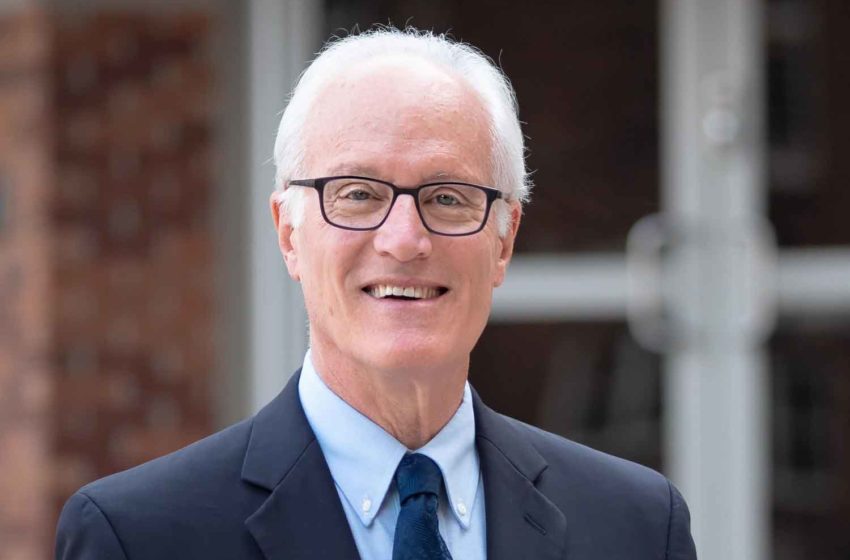In an address at the recent ET Global Business Summit 2023 in New Delhi, Philip Morris International CEO’s, Jacek Olczak, emphasized the need for leveraging science and technology for a better, more sustainable future, according to a PMI press release.
Conceived in 2015, and now in its seventh edition, the Global Business Summit seeks to provide solutions to macroeconomic challenges by curating government-to-government interactions, business to government meetings, business-to-business engagements and to serve as a conduit for corporates and governments to secure investments in India from domestic and international allies.
Held on Feb. 17-18, the New Delhi summit was attended by Indian Prime Minister Narendra Modi, along with several CEOs, policymakers and academics.
Speaking on the theme “Sustainable economy for the greater good,” Olczak stressed how innovation has grown rapidly over the past decades with investments across a wide range of industries, including the energy and automotive sectors.
“Science and technology integrated with a collaboration between private and public has proven to be key to identify solutions to overcome difficult challenges,” he said.
Olczak then touched up PMI’s commitment to realizing a smoke-free future. Thanks to advances in science and technology, it is now possible to eliminate combustion and replace it with controlled heating, at much lower temperatures. At these lower temperatures, these products generate significantly lower levels of harmful compounds, according to Olczak, who also spoke about the clinical and non-clinical studies that have been conducted on PMI’s heated tobacco products.
Drawing parallels with other industries, Olczak spoke about the need to address challenges at their source, while also working to identify safer alternatives. The harm-reduction principles underpinning the moves from wood-fuel stoves to gas-fueled stoves, and from combustion-engine vehicles to less-polluting alternatives, also apply to tobacco, according to Olczak.
Taking the example of Japan, he noted how the introduction of heated tobacco products in that country has contributed to a decline in cigarette sales at an annual rate of 1.8 percent on average over the past few years.
With the expanded availability of heated tobacco products, almost 35 percent of cigarettes in Japan have been replaced by heated tobacco products over the past seven years. Recent analysis has also shown a downward trend in hospitalizations for Chronic Obstructive Pulmonary Disease. Additionally, research funded by the country’s Ministry of Health and Welfare shows there is negligible adoption of these products by minors, according to PMI. “Similar dynamics are being observed in several European countries,” said Olczak.
Olczak also spoke about how the estimated 200 million users of oral tobacco in India could be offered modern, safer oral tobacco products, like the ones available in Scandinavia.
According to Olczak, PMI’s biggest contribution to society lies in addressing cigarette health effects. Throughout the company’s history, it has been a leading player in the cigarette market. Now, the company is intentionally leaving that behind, he said, embarking on a transformation to provide adults who would otherwise continue to smoke.
“All that’s needed is for today’s innovative, science-based products to be matched by equally innovative policies that encourage people that smoke to switch to less harmful alternatives. This is where India can help drive positive change for the rest of the world. And as chair of the G20, it can be a prime example for emerging economies,” he opined.
“Innovation in the tobacco industry is finally a reality,” said Olczak. “The question we must ask ourselves is this: How do we ensure that innovations are used in the service of people? In other words, how do we leverage technology, science, and innovation to accelerate public health progress and get millions of Indian smokers away from cigarettes? Given India’s history in leveraging innovative solutions to solve issues of society, I am confident that India will be a global leader in progressive tobacco policies going forward,” he concluded.



















